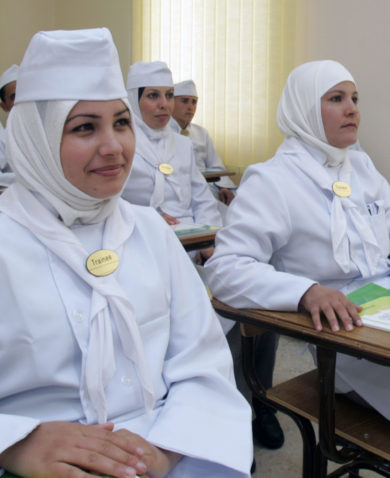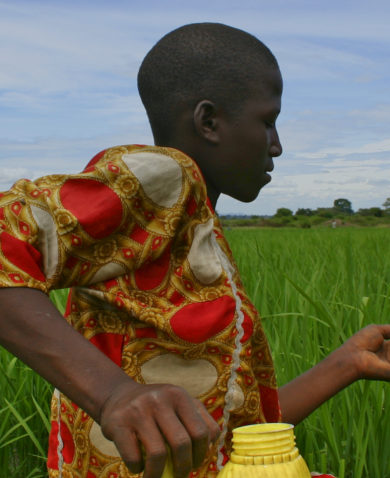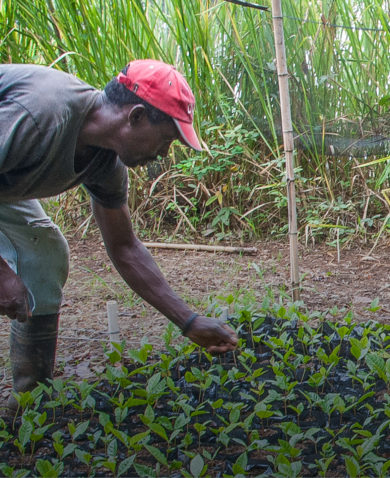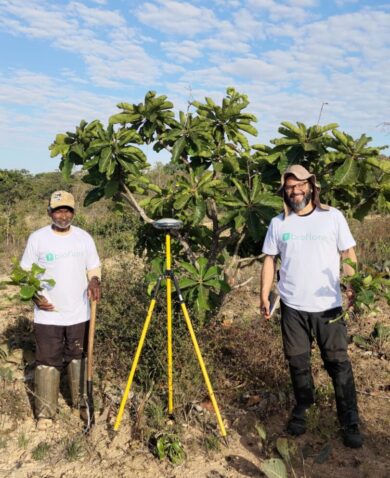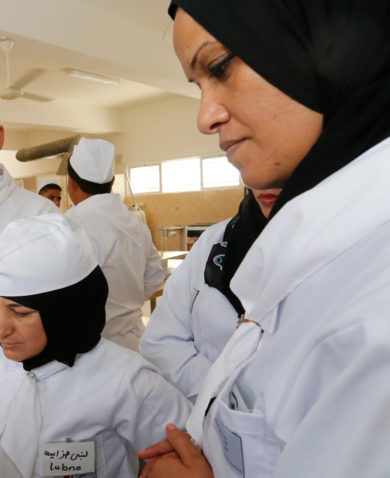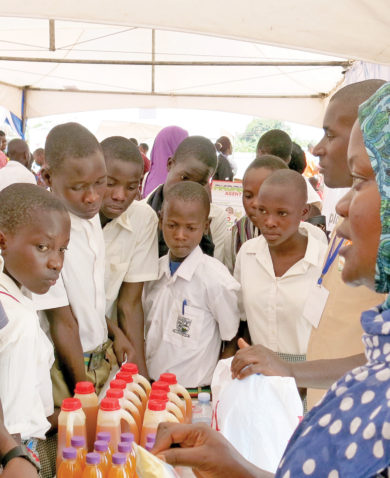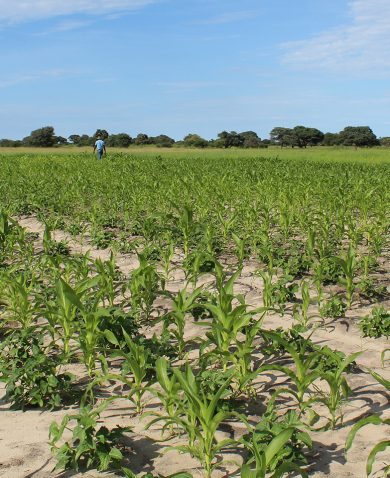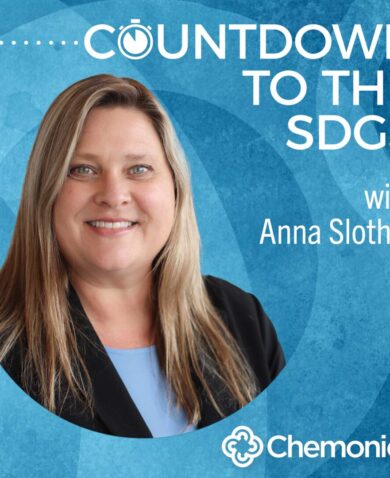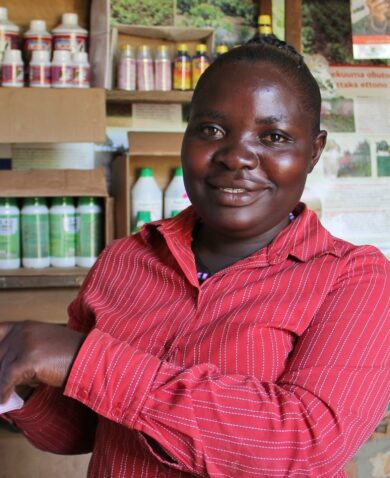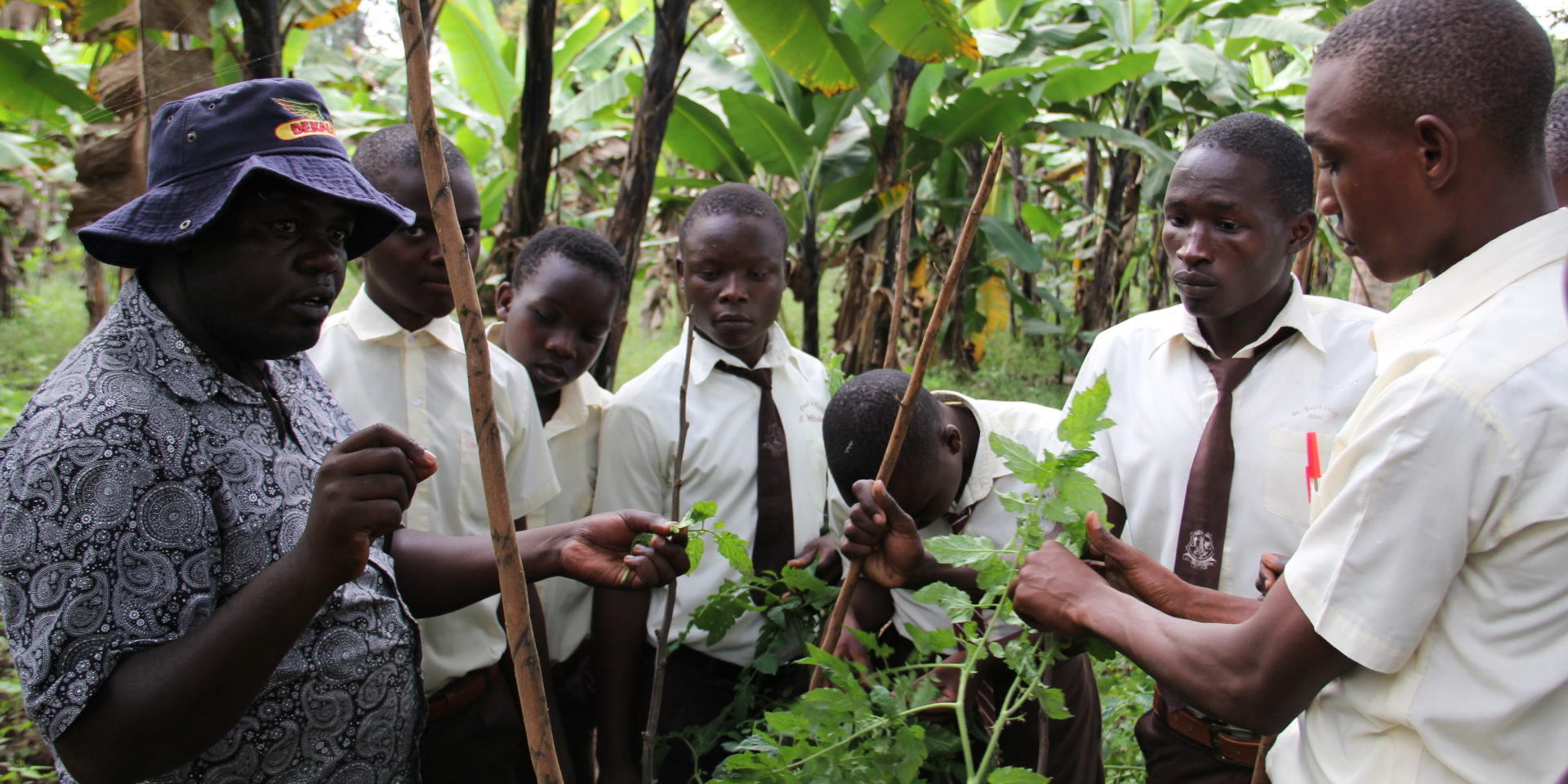
Securing our Future: Partnerships for Youth
September 18, 2018 | 3 Minute ReadHow can we use the resources of public-private partnerships to solve youth unemployment and position young people to tackle some of the world’s biggest challenges – in agriculture, natural resources, tourism, and more?
Getting the global economy on track to reap a demographic dividend, create prosperity, protect the planet, and eliminate extreme poverty will be difficult unless governments, international donors, businesses, and practitioners work together to harness the economic aspirations of youth. A recent study by the International Labour Organization shows that 13.6 percent of youth, or more than 71 million, are unemployed worldwide. Youth unemployment trends and extreme poverty continue to challenge young people living in emerging regions, including sub-Saharan Africa, Northern Africa, Southern Asia, and Eastern Europe, among others.
While the unemployment numbers are staggering and on the rise, this creates the opportunity to leverage the resources of public-private partnerships (PPPs) to unlock innovative solutions that mitigate this barrier. By fostering PPPs across key sectors, such as agriculture and food security, environment and natural resources, and tourism value chains, we can achieve positive returns for youth and the economy.
Job Creation and Sustainable Food Security
Across emerging economies, PPPs are working increasingly to pioneer scalable agricultural and food systems solutions. Particularly, promoting job creation and accelerating innovative products and services — such as group lending, savings, and micro-credit programs — have helped reduce youth unemployment, increase productivity, drive sustainable economic growth, and transform food systems, thus benefiting food security. Application of solutions that focus on entrepreneurship and workforce development can improve livelihoods by positioning young people for success in the workplace and broader marketplace.
In Uganda, for example, PPPs are creating more opportunities for young people to become involved in the agriculture sector. With the support of USAID through Chemonics, local leading seed production companies, tractor training organizations, agronomists, and related sector experts provide young farmers with training in agribusiness and entrepreneurship. From support of agricultural career exhibition Agrikool to direct seed production support and tractor training, youth are developing technical skills in agriculture, financial literacy, and the soft skills needed to become better assets of the global workforce. These solutions not only unlock sustainable growth, they also spur local ownership of the project’s short-term and long-term objectives.
Innovative Technologies for Green Growth
Investment in high-tech innovations to accelerate product development, services, and delivery has promoted inclusive growth across emerging economies to sustainably meet challenges in the environment and natural resources spaces. Leveraging PPP resources and creating enabling environments for young people to thrive can help ignite the development and introduction of environmental smart tools.
Innovative technologies like installation of biogas digesters have made it possible to reduce emissions and power rural communities. In South Africa, USAID is working through Chemonics with public institutions and investors to promote development of low emissions technology to reduce greenhouse gases, expand access to capital and financing mechanisms, and enhance youth employability opportunities. South African university students and unemployed graduates receive training on energy audits and biogas digester technical skills. This work promotes sustainable and affordable growth by reducing transaction costs on electricity, enables schools to grow fresh food products for students, and equips a new generation with the lifelong skills needed to increase self-agency and become more productive and solution-driven citizens.
Tourism Sector Promise for Young Labor Market Entrants
There is a need to recognize the tourism sector as an enabler of economic change and sustainability. It’s a vital market space where PPPs can combine resources to promote workforce and supply chain development, products, facilities, and services. Given that tourism plays an essential role in many national economies, unlocking innovations and tools within its value chains ecosystem can help create better opportunities for young labor entrants.
If we can sustainably scale approaches to readying youth for work in the tourism sector, we can help emerging economies become more attractive destinations. We have seen promising signs of this in Jordan, where we are positioned to apply inclusive, sustainable, and innovative approaches to increase the low numbers of youth in the tourism sector’s workforce. For example, a partnership with a banking institution to provide asset-based financing to small and medium-sized tourism businesses and targeting young Jordanians and their families through a Pathways to Professionalism Program have helped scale Jordan’s tourism growth and offered youth employment opportunities. These niche innovations can help meet the youth unemployment challenge.
Youth unemployment is a crisis; however, this crisis offers an opportunity to tap into the potential of youth to tackle the world’s biggest challenges – in agriculture, natural resources, tourism, and many others. We can leverage PPPs to create innovative solutions and apply effective lessons like those highlighted above. By investing in youth, we make it possible for future generations to thrive and allow emerging economies to recognize the role youth play in fostering sustainable economic growth.
Blog posts on the Chemonics blog represent the views of the authors and do not necessarily represent the views of Chemonics.









